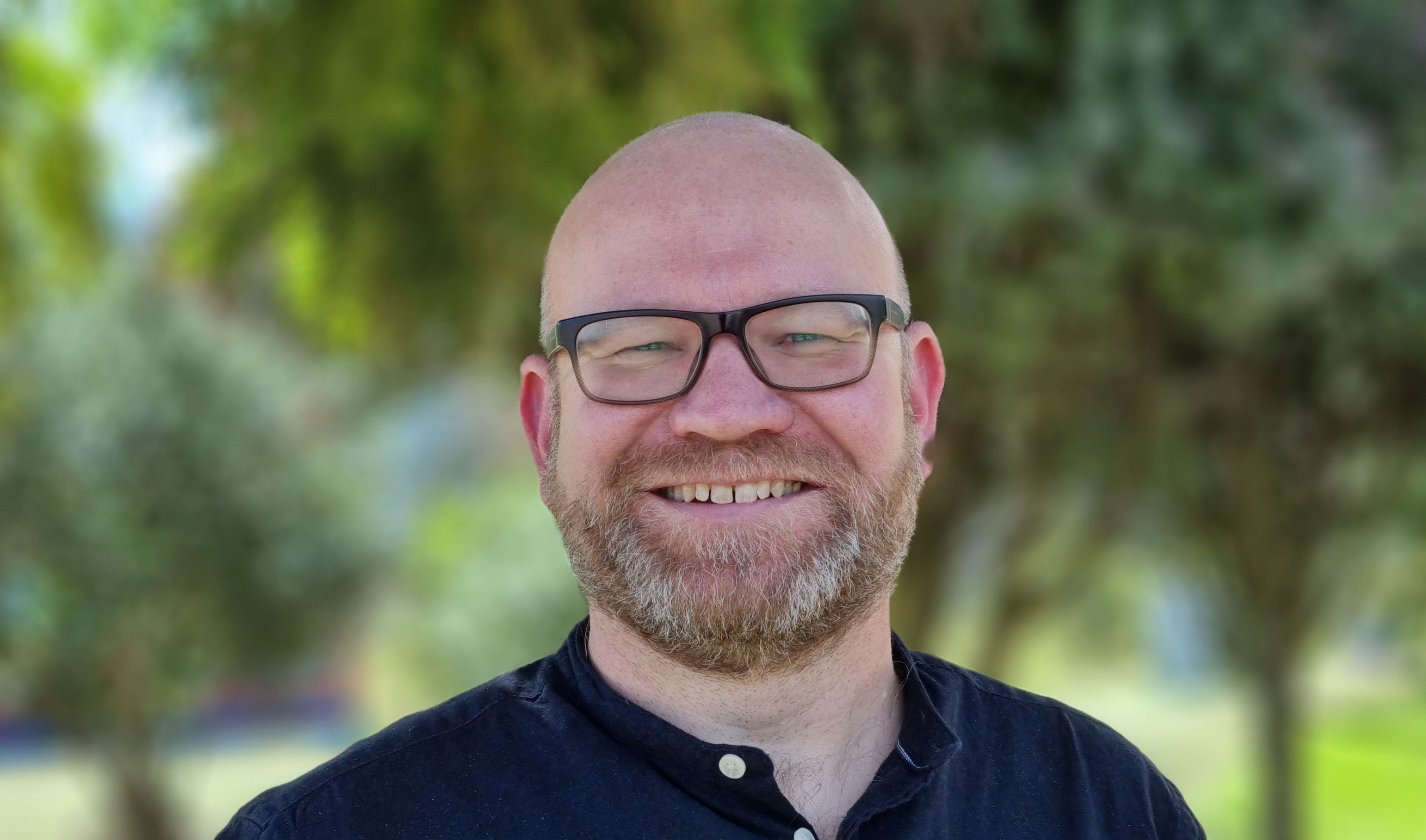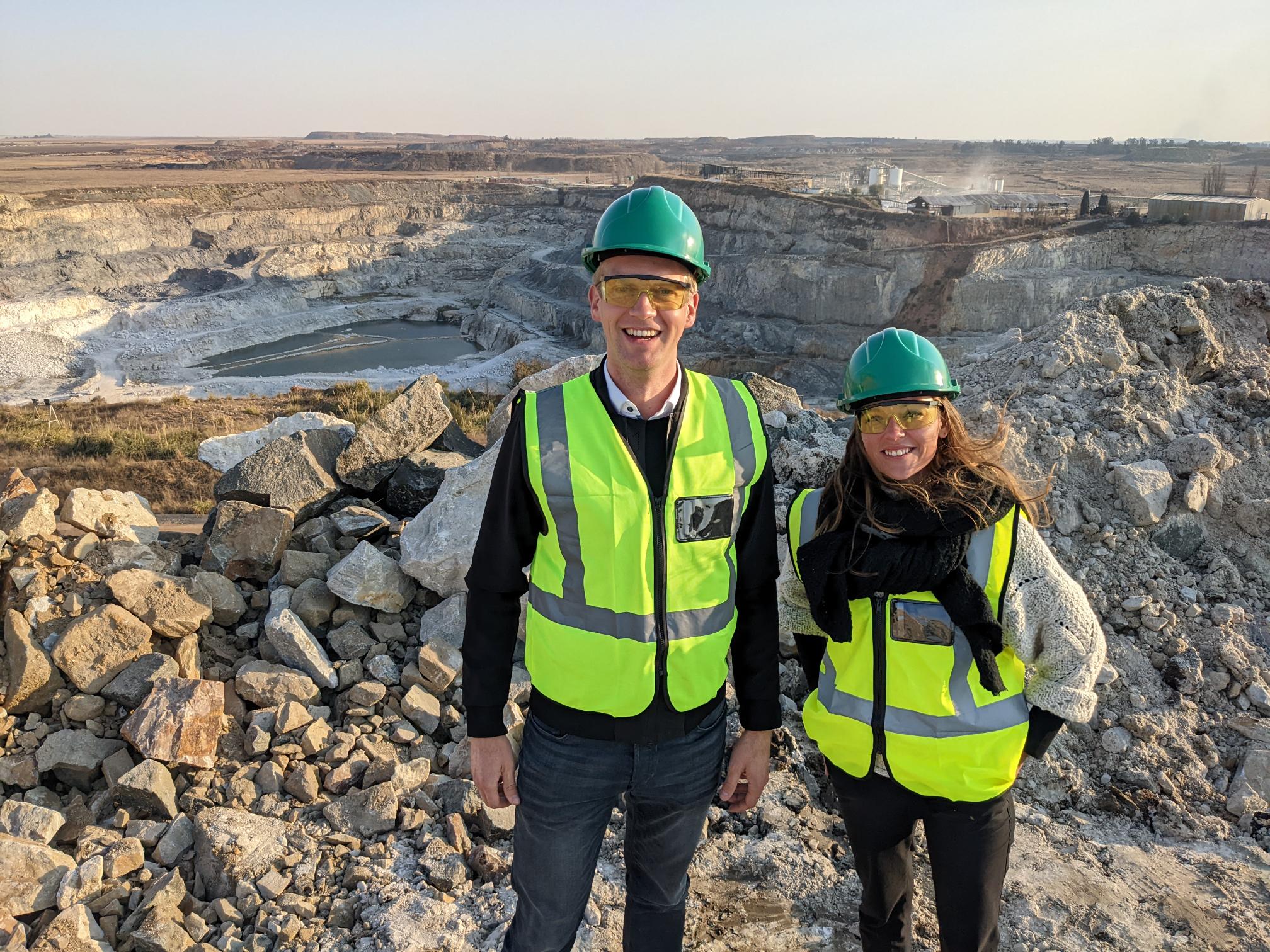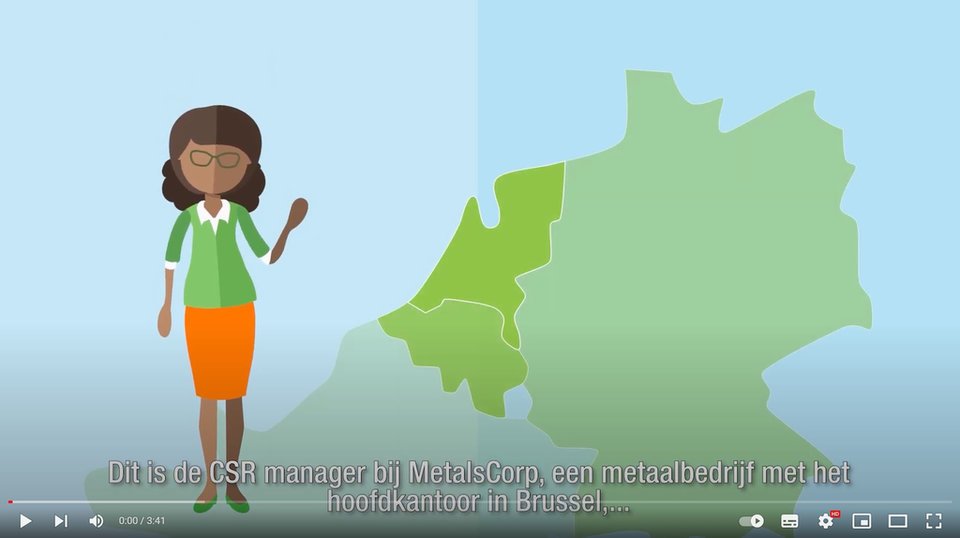
November 2022
Annual Progress Report 2021-2022
Collective Actions and Upscaling
The working group for Collective Actions and Upscaling is responsible for taking action to increase the collective leverage of the group as well as initiating, implementing and supporting collective action, for example, by setting up joint projects and research.
Outreach
A video was made to show in visual terms what the Agreement is about in a highly accessible way.
As already touched upon in the theme Sustainable Secondary Materials Supply Chains, there was an interview with two of the Parties about their investigation into child labour in the supply chain. Another interview was published in the MRF Circulaire. In the interview, independent chairperson of the Metals Agreement Prof. dr. Tineke Lambooy speaks about the core issues at stake in international RBC Agreements.
Furthermore, on May 4th, CNV Internationaal and other members of the international RBC Agreement for the Metals Sector organized an online official partner session during the 15th OECD Forum on Responsible Mineral Supply Chains. Parties and experts from both Europe and Latin America shared their perspectives, experiences, best practices, and lessons learned on how to identify and mitigate the risks in the metals value chains. The chairperson of the Agreement joined the last panel and shared her takeaways and insights. The partner session was attended by 150 people and was well received.
In addition, the Parties have been in touch with FME president Theo Henrar on how to further involve FME members in the Agreement process. FME is already a supporting organisation to the Agreement.
New Companies
Two new companies joined in the third Agreement Year: Raak Metals and Van Peperzeel. At the end of Agreement Year 3 (June 2022), there were thirteen signatory companies to the Metals Agreement. The target of increasing the total number of member companies to thirty has not been reached.
Impact within the Supply Chain
The first collective projects have been launched. To begin with, the collective heat map of Year 2 revealed two major risks: operational health and safety, and water pollution. Led by CNV Internationaal, a joint investigation was conducted into operational health and safety in mines in Peru, Bolivia and Colombia. The expectation is that the investigation will be completed and presented in November.
Following the preliminary findings of the study, CNV Internationaal together with Tata Steel and Wuppermann submitted a collective project proposal at the Netherlands Enterprise Agency for funding. The aim of this project is to increase transparency within the value chain and improve working conditions in mines in order to reduce risks related to human rights and other international RBC risks. The project focuses on Peru and Bolivia.
Also, two Agreement companies decided to take matters into their own hands and started their own investigation with help from other Agreement Parties. Firstly, Krommenhoek Metals started a project with Global March Against Child Labour investigating if there is a chance that risks are occurring in their value chain in countries in South East Asia, specifically India. Secondly, Tata Steel started conducting research into their manganese supply chain and have visited various mines. The company will share the lessons learned with other Parties in Year 4.
Maurice van Beers, strategic policy advisor CNV Internationaal
“As we need metals for our energy transition, the demand for metals will increase four to six times. That makes it all the more urgent to improve transparency in the mining supply chain. To uncover hidden risks in mining value chains, we need to identify labour rights violations. Participatory monitoring can help with this. Data collected with quantitative tools allows us to assess risks to upstream and downstream users in the metals value chain.”

Chantal Dekker & Marc Holleman, Tata Steel Responsible Sourcing team
“Improvement starts with engaging in conversations deeper in the supply chain. This provides more mutual insight and creates room for action.”


